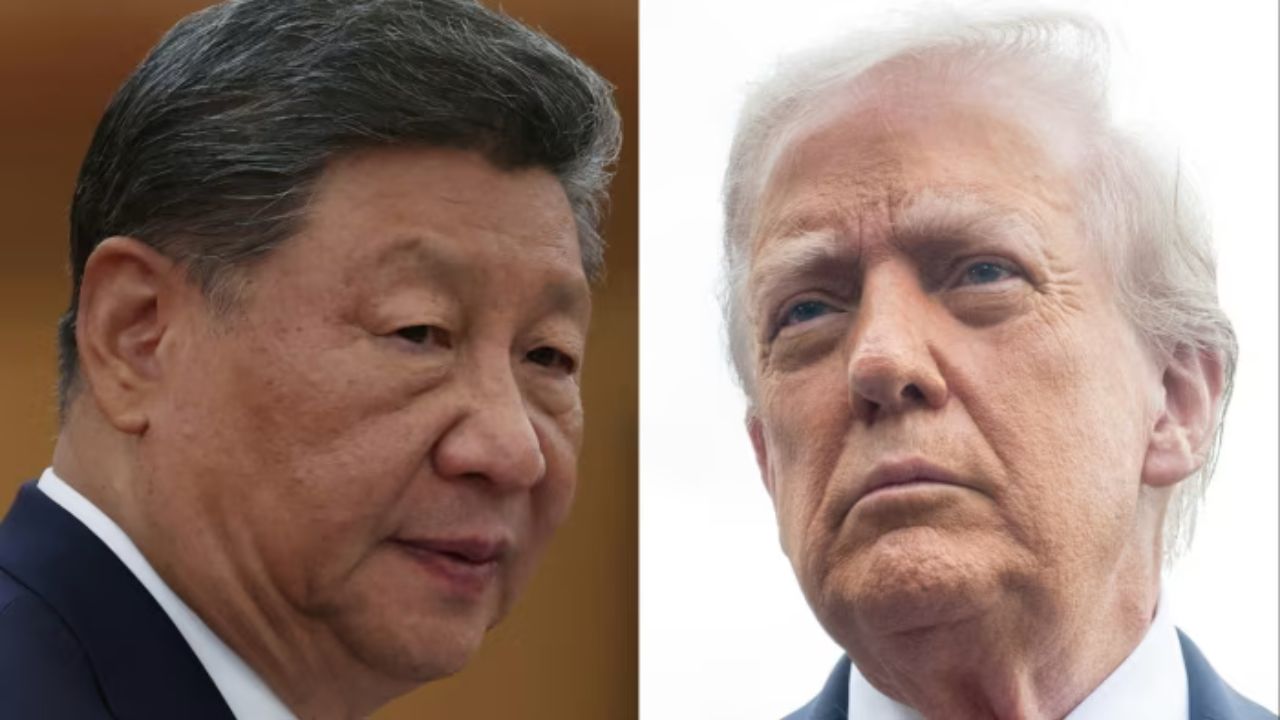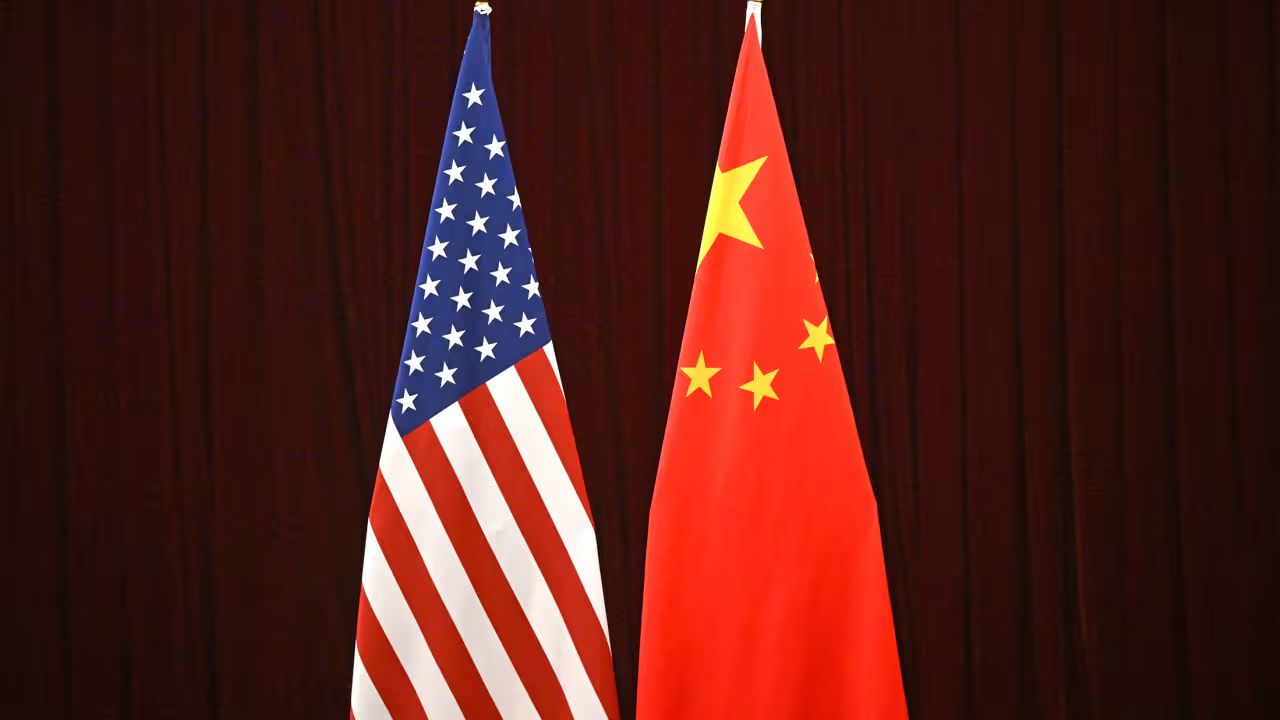 English
English

Trump warns of 155% tariffs on China starting Nov 1, citing national security but insists he “wants to be nice.” How will Beijing respond to this bold move, and could it reshape global trade? Read the article to know the full details.

The move has drawn criticism from Beijing.
Washington: US President Donald Trump reiterated on Tuesday his decision to impose a 155 per cent tariff on Chinese imports, despite expressing a desire for amicable ties with Beijing.
Speaking to reporters at the Oval Office during Diwali celebrations, Trump defended the move as a strategic step to safeguard US economic and national security interests.
Trump Offers China a Deal: “No Longer a One-Way Street”- Soybeans for Tariff Relief?
Trump emphasized that his tariff policies have enabled the United States to secure trade deals with major global economies.
“I made a deal with the European Union. I made a deal with Japan and South Korea. A lot of these deals are great deals… It’s about national security. I was able to do it because of tariffs. We’re getting hundreds of billions, even trillions of dollars paid into the United States… We’ll start paying off debt,” the 79-year-old president told news agency ANI.
The US leader also underscored that China has benefited from previous US administrations’ leniency, which he suggested was detrimental to American business interests. “I want to be nice to China. But China has been very rough with us over the years because we had presidents that weren’t smart from a business standpoint,” Trump said.

Total potential tariff burden on China is 155%
Earlier this month, Trump announced that from November 1, the United States would impose an additional 100 per cent tariff on all Chinese products. The latest announcement raises the total potential tariff burden on China to 155 per cent.
This measure comes as a response to China’s restrictions on the export of rare earth minerals, many of which have military applications.
Despite the aggressive tariff stance, Trump clarified that he has not canceled his planned meeting with Chinese President Xi Jinping, indicating that diplomatic engagement remains on the agenda.
The move has drawn criticism from Beijing. The Chinese Ministry of Commerce described the US statement as an example of “double standards” and asserted that China is not intimidated by tariff threats. “Willful threats of high tariffs are not the right way to get along with China,” the ministry said in a statement, highlighting the growing tension between the world’s two largest economies.
Analysts have noted that the escalating tariff measures could have far-reaching implications for global trade, particularly given China’s role as a major oil importer from Russia and a key player in rare earth mineral supply chains.
Trump framed the tariffs not merely as an economic measure but as a national security necessity. By imposing these duties, the administration aims to reduce trade deficits, secure technology transfers, and strengthen domestic industries critical to defense and infrastructure.
Russian Oil Deal Off? Trump Says Yes, India Says “What Call?” Full story here
Economists, however, caution that such high tariffs could lead to retaliatory measures, affect supply chains, and potentially raise costs for American consumers.
While Trump’s position on tariffs has provoked strong reactions internationally, he continues to insist that the approach has yielded significant financial benefits for the United States. The coming months will be crucial in observing how China responds and whether further negotiations can mitigate tensions without escalating into broader trade conflicts.
No related posts found.